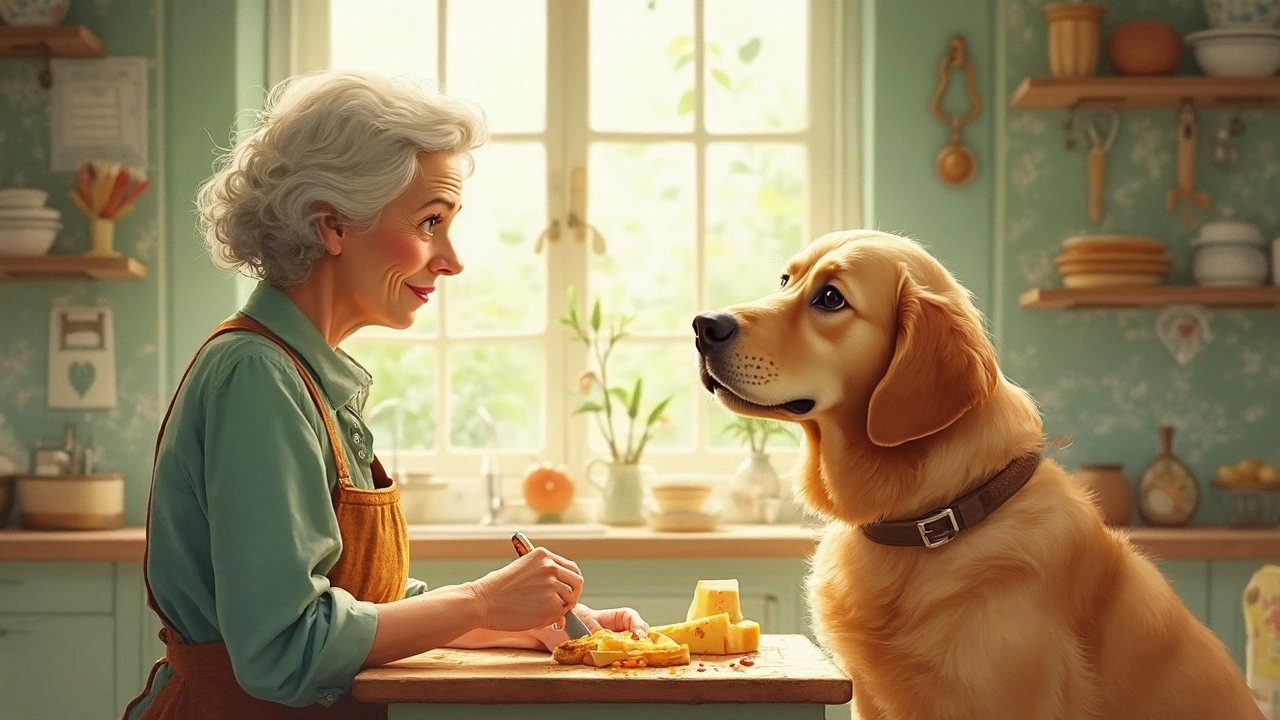Cheese for Pets: What’s Safe and What to Watch Out For
If you love cheese, you might wonder if your furry friend can share. The short answer is: some cheeses are okay in tiny amounts, but many can cause trouble. Below we break down the basics so you can decide when a cheesy treat is a good idea.
Which Cheeses Are Usually Safe?
Soft cheeses like mozzarella, cottage cheese, and plain cream cheese have low lactose and are easier on a pet’s stomach. A small cube (about the size of a dice) once in a while won’t hurt most dogs and cats. Stick to low‑fat options and avoid added flavors or herbs.
Hard cheeses such as cheddar, Swiss, or gouda are higher in fat and salt. They’re okay for a quick nibble if your pet isn’t overweight, but keep the portion tiny – a shaving or two is enough. Remember, cheese is calorie‑dense, so it can add up fast.
Cheeses to Skip Completely
Blue cheese, feta, and any cheese with strong molds can contain toxins that upset a pet’s gut. Processed cheese snacks, cheese‑filled crackers, and cheese spreads often have onion or garlic powder – both are toxic to dogs and cats. Also, avoid cheese with added raisins, nuts, or spices.
Milk‑based cheese spreads may contain lactase‑breakdown products that cause diarrhea in lactose‑intolerant pets. If your dog or cat shows signs of gas, loose stools, or vomiting after a cheese bite, stop feeding it right away.
When you’re unsure, think about the ingredients list. If you see anything you wouldn’t feed a human child (like extra salt, preservatives, or flavorings), it’s safer to keep it away from your pet.
Cheese can be a useful training aid because it’s smelly and tasty. Use it sparingly as a high‑value reward, especially for dogs that train well with food. For cats, a tiny spoonful of plain cottage cheese can be a fun occasional treat.
Always introduce cheese slowly. Offer a pea‑sized piece and watch for any reaction over the next 12‑24 hours. If your pet tolerates it, you can gradually increase to a small bite, but never exceed a few pieces per week.
For pets with health issues – kidney disease, pancreatitis, or obesity – skip cheese altogether. The extra fat, protein, and sodium can worsen these conditions. Consult your vet if you’re unsure whether cheese fits into your pet’s diet.
If you’re looking for a dairy‑free alternative, try a pet‑specific treat that mimics cheese flavor. These are formulated without lactose and often have balanced nutrition.
Bottom line: cheese can be a safe, occasional treat if you choose low‑fat, plain varieties, keep portions tiny, and watch for any digestive upset. When in doubt, ask your vet – they’ll know what’s best for your specific pet.
Can Dogs Eat Cheese? A Look at the Truth
Dogs and cheese can be a tricky combination. While many dogs adore cheese, is it safe for them? This article explores whether dogs can enjoy cheese, what types are best, and the potential risks involved. Get practical tips on feeding cheese safely to your furry friend. Learn how to balance this tasty treat with their overall diet.






